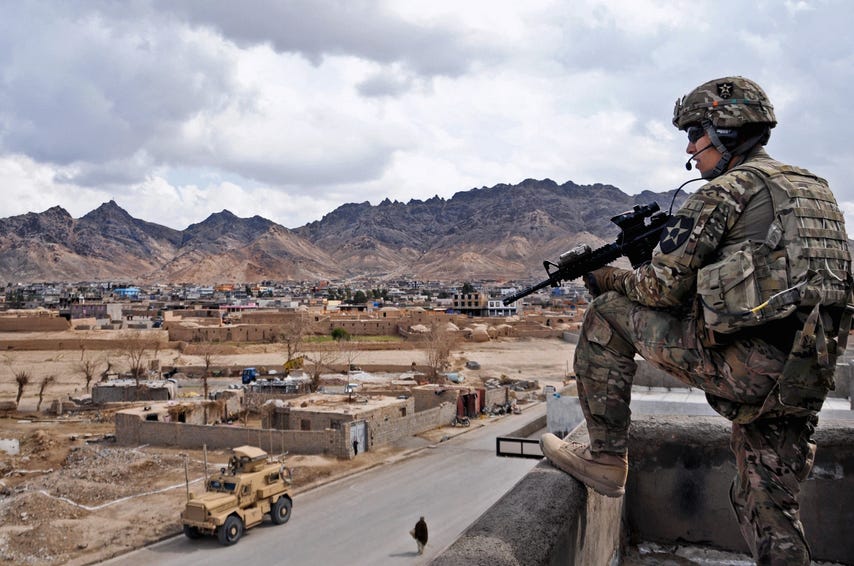It's Time for U.S. Forces to Leave Afghanistan
After almost two decades of involvement in the War in Afghanistan and with over 2,300 American soldiers killed in the conflict, U.S. military withdrawal is long overdue. The Biden administration is reportedly mulling the extension of operations in Afghanistan, which would violate the May 1st deadline that was negotiated under former President Donald Trump and would subsequently do little to change the fundamentals on the ground.
Since the agreement with the Taliban was ratified, attacks on American forces have virtually ceased, but the organization’s leaders warn of a “reaction” if the U.S. does not honour the deal.
The Washington Post reports:
“Top of mind among senior U.S. military officials is the U.S. withdrawal from Iraq a decade ago. That operation was completed on deadline, but it was carried out after the Obama administration weighed keeping thousands of service members there as a residual force. Less than three years after the departure, the Islamic State swept across Iraq from Syria, prompting the U.S. military to return.”
This historical case study is commonly invoked to highlight the potential security risks associated with leaving Afghanistan. The logic suggests the country could become an operational base for jihadist organizations seeking to launch attacks against the West. This is, of course, a real possibility and it is important to keep an eye on these groups and their activities.
Democratic Senator Tammy Duckworth, a combat veteran and member of the Senate Armed Services Committee, recently remarked, “I want American troops to come home, but I also want to fight the bad guys over there instead of allowing them to come here.” This trite expression misses how it is U.S. military intervention in Muslim lands that primarily fuels Islamist violence on American soil as well as against its nationals and interests abroad. Jihadists have killed more Americans on overseas battlefields than they have inside of America.
As for the example of the Obama administration’s withdrawal from Iraq and the resurgence of the Islamic State (IS) movement, the unprecedented wave of jihadist attacks throughout the West did not occur until after the U.S. (and its coalition partners) again intervened in the region. Though it should be noted that the intervention does not provide a hard demarcation given prior events such as the explicit threat made by IS militant Farah Mohamed Shirdon in a video released through Al-Furqan, the attack by a returned foreign fighter on the Jewish Museum of Belgium, and a plot that was allegedly foiled in Switzerland.
A complete withdrawal would simultaneously end the targeting of American forces in the country and remove a high-ranking issue from the global jihadist movement’s list of grievances against America, namely the perceived U.S. occupation of predominantly Muslim Afghanistan.



